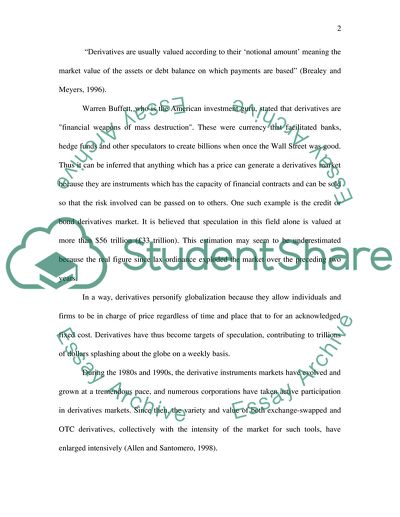Cite this document
(International Financial Law Article Example | Topics and Well Written Essays - 2500 words, n.d.)
International Financial Law Article Example | Topics and Well Written Essays - 2500 words. Retrieved from https://studentshare.org/law/1735510-international-financial-law
International Financial Law Article Example | Topics and Well Written Essays - 2500 words. Retrieved from https://studentshare.org/law/1735510-international-financial-law
(International Financial Law Article Example | Topics and Well Written Essays - 2500 Words)
International Financial Law Article Example | Topics and Well Written Essays - 2500 Words. https://studentshare.org/law/1735510-international-financial-law.
International Financial Law Article Example | Topics and Well Written Essays - 2500 Words. https://studentshare.org/law/1735510-international-financial-law.
“International Financial Law Article Example | Topics and Well Written Essays - 2500 Words”, n.d. https://studentshare.org/law/1735510-international-financial-law.


